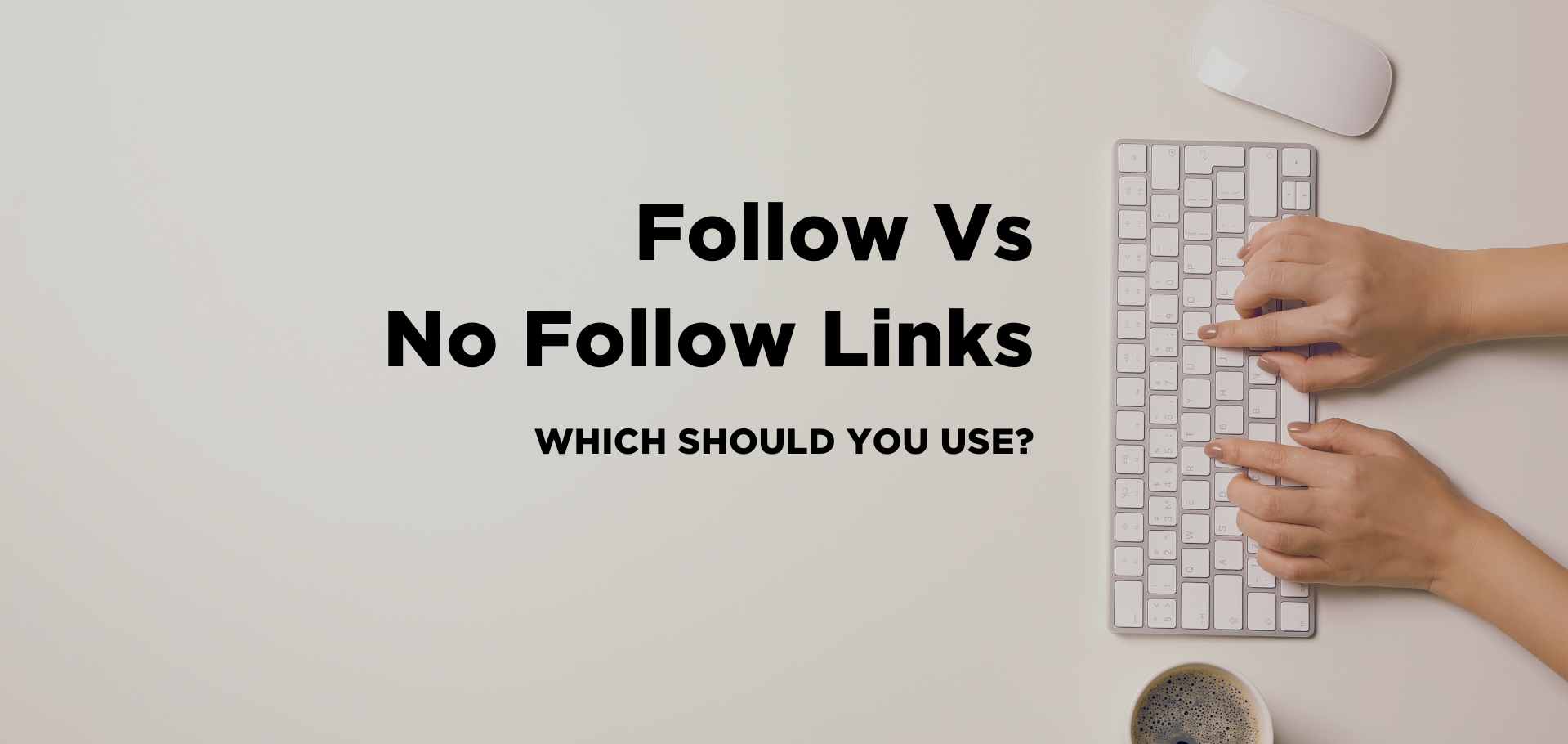3 min read
Honchō Scoops Up Two UK Search Awards!
It’s official, we've added not one, but two shiny trophies to our awards cabinet! We’re over the moon to share that we’ve triumphed at the UK Search...
4 min read
 Lottie Hippisley
:
Feb 11, 2024 6:58:00 AM
Lottie Hippisley
:
Feb 11, 2024 6:58:00 AM

Discover the importance of follow and no follow links and learn how to optimise your SEO strategy.
Follow and no follow links are two types of links that play a crucial role in search engine optimisation (SEO).
The main difference between them lies in how search engines treat them. Follow links are recognised by search engines and are considered as endorsements or recommendations. They pass link equity and contribute to the overall authority and ranking of a website. On the other hand, no follow links are not recognised as endorsements and do not pass link equity. They are often used to indicate that the linked content should not be associated with or endorsed by the website.
In terms of HTML, follow links are created by default. When you add a link to your content without specifying any attributes, it is automatically treated as a follow link. To create a no follow link, you need to add the 'rel=nofollow' attribute to the HTML code of the link.
It is important to note that while follow links have a direct impact on SEO, no follow links still have their own benefits. They can help diversify your link profile, improve the user experience, and protect your website from potential penalties. Additionally, no follow links can still generate referral traffic and increase brand visibility.
Understanding the difference between follow and no follow links is crucial for implementing an effective SEO strategy. By strategically using both types of links, you can enhance your website's authority, improve search engine rankings, and drive more organic traffic.
Follow links are highly valuable for SEO as they contribute to the overall authority and ranking of a website. When a website with high authority links to your site through a follow link, it passes a portion of its authority to your site, boosting its credibility in the eyes of search engines. Follow links also play a role in determining the popularity and relevance of a website for specific keywords or topics.
Search engines consider follow links as endorsements or recommendations from other websites. The more follow links your website has from reputable sources, the more likely it is to rank higher in search engine results pages (SERPs). Follow links can also help search engine crawlers discover and index your website more effectively, leading to improved visibility in search results.
To maximise the SEO benefits of follow links, it is important to focus on acquiring high-quality, relevant follow links from authoritative websites in your industry. This can be achieved through various strategies such as guest blogging, content partnerships, influencer collaborations, and creating valuable, shareable content that naturally attracts follow links.
In summary, follow links are essential for improving your website's authority, visibility, and rankings in search engine results. By actively seeking and optimising follow links, you can enhance your SEO efforts and drive more organic traffic to your website.
While follow links are highly beneficial for SEO, there are certain situations where using no follow links is recommended. Understanding when and why to use no follow links can help you maintain a well-rounded and natural link profile.
If your website allows users to submit content or comments, it is wise to use no follow links for any user-generated links. This helps prevent spam, malicious links, and potential penalties from search engines.
If you are engaging in paid link placements or sponsored content, it is important to use no follow links to comply with search engine guidelines. Failure to do so can result in penalties and a negative impact on your website's rankings.
When linking to websites that are untrusted or have a poor reputation, it is advisable to use no follow links. This helps protect your website from any negative associations and potential penalties.
If you are unsure about the quality or legitimacy of user-generated links on your website, it is safer to use no follow links. This reduces the risk of associating your website with spam or low-quality content.
By using no follow links in these situations, you can maintain a healthy and natural link profile, protect your website's reputation, and comply with search engine guidelines.
To make the most out of follow and no follow links, it is important to follow best practices and implement them effectively in your SEO strategy.
Whether it's follow or no follow links, quality should always be prioritised. Instead of aiming for a high quantity of links, focus on acquiring links from authoritative and relevant websites. High-quality links have a stronger impact on SEO and can significantly improve your website's rankings.
Having a diverse link profile with a mix of follow and no follow links is important for a natural and balanced SEO strategy. This helps search engines understand that your website is not solely focused on acquiring follow links for manipulation purposes.
One of the most effective ways to attract both follow and no follow links is by creating valuable content that others find useful and shareable. By consistently producing high-quality content, you increase the chances of earning organic follow links and establishing your website as a reputable source of information.
Regularly monitor your link profile to identify any low-quality or spammy links. If you come across such links, use the disavow tool provided by search engines to notify them that you do not want those links to be considered when evaluating your website's authority and rankings.
By following these best practices, you can optimise the use of follow and no follow links in your SEO strategy and improve your website's visibility, authority, and rankings in search engine results.
In conclusion, follow and no follow links both play important roles in SEO. Follow links contribute to your website's authority, rankings, and visibility in search results, while no follow links provide benefits such as diversifying your link profile and protecting your website from potential penalties.
To achieve optimal SEO results, it is crucial to strike the right balance between follow and no follow links. Focus on acquiring high-quality follow links from authoritative sources to enhance your website's authority and rankings. At the same time, use no follow links in situations where it is necessary to maintain a natural and balanced link profile, such as with user-generated content or paid links.
Remember to consistently produce valuable content that attracts both follow and no follow links, monitor your link profile for any low-quality links, and follow best practices for effective link building. By leveraging the power of both follow and no follow links, you can optimise your SEO strategy and drive more organic traffic to your website.
Looking for support on your SEO or Digital PR strategy? Get in touch now.

3 min read
It’s official, we've added not one, but two shiny trophies to our awards cabinet! We’re over the moon to share that we’ve triumphed at the UK Search...

5 min read
Understand ecommerce attribution models which attribution models can maximise your marketing efforts and ROI.

3 min read
Explore how social commerce is changing the way we shop online, blending social interactions with digital commerce for a seamless buying experience.